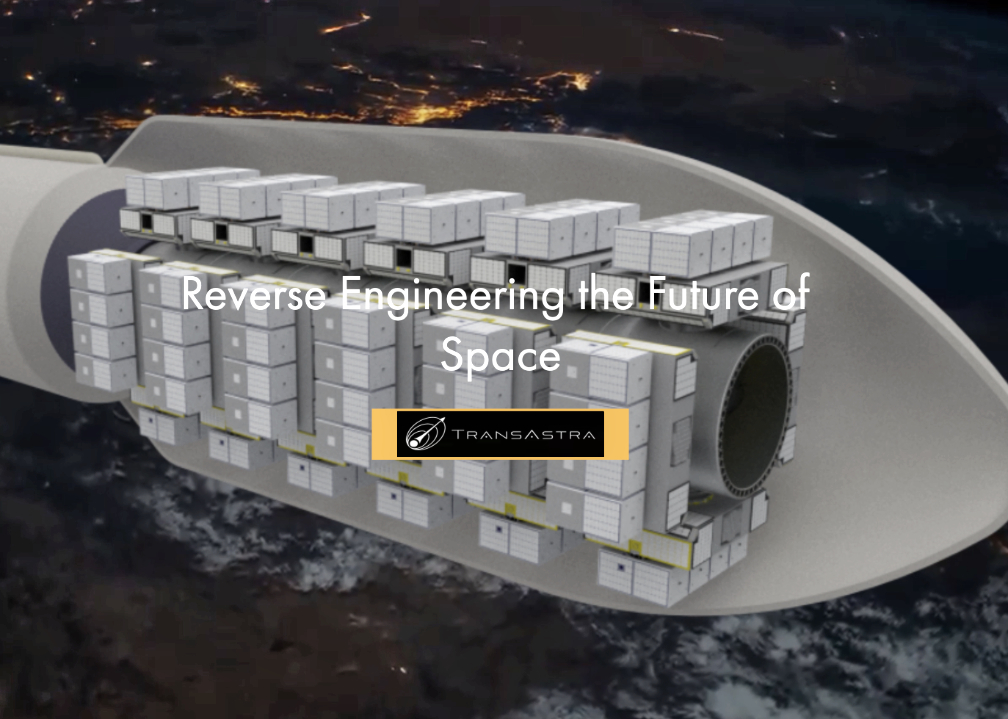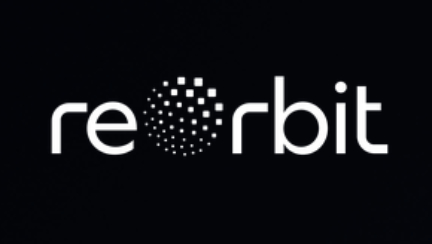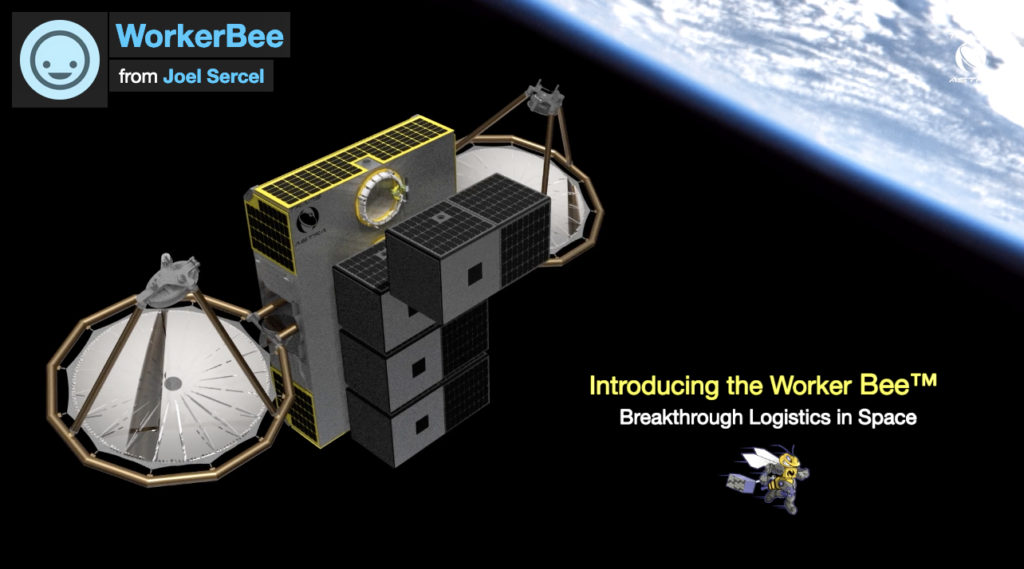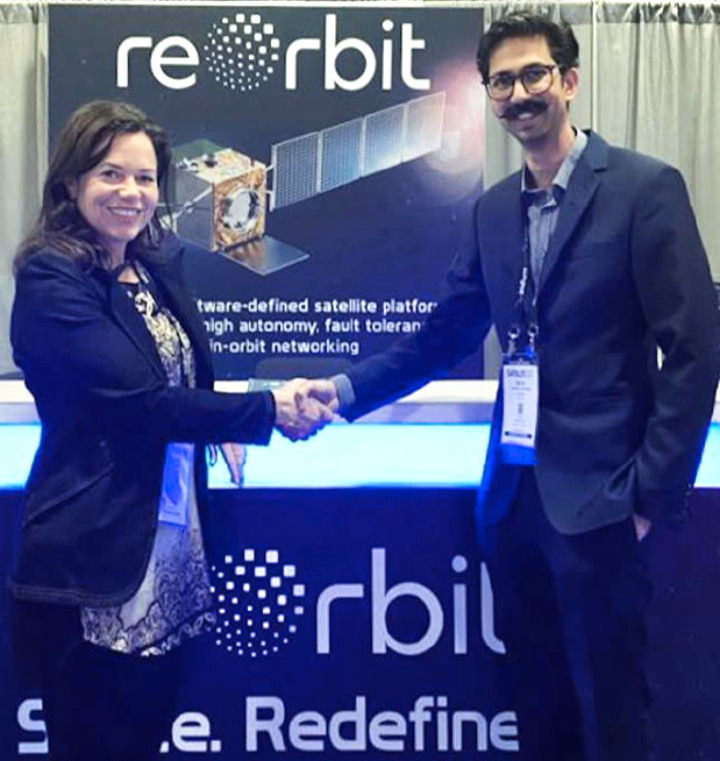

TransAstra, a provider of orbital logistics and space domain awareness solutions, and ReOrbit, a provider of software defined smallsats for beyond LEO missions, announced they have signed binding contracts for initial spacecraft development and orbital logistics services.
Under these contracts, TransAstra will provide mission definition and engineering analysis for TransAstra ’s Worker Bee orbital transfer vehicles to deliver ReOrbit s customer satellites to LEO, MEO, GEO and Cislunar orbits. In addition, ReOrbit will provide development options under which ReOrbit generates cost, feasibility and integration considerations to complete the production and testing of Worker Bee.
orbital transfer vehicles to deliver ReOrbit s customer satellites to LEO, MEO, GEO and Cislunar orbits. In addition, ReOrbit will provide development options under which ReOrbit generates cost, feasibility and integration considerations to complete the production and testing of Worker Bee.

 space tug.
space tug. Under a separate Memorandum of Agreement, TransAstra will explore selecting ReOrbit as a preferred provider of microsats and smallsats for certain customer payloads, while ReOrbit will explore selecting TransAstra’s Worker Bee as the preferred supplier of orbital transport vehicle services, including satellite delivery and hosting.

Saveda Suvanam, Founder CEO ReOrbit. Photo is courtesy of TransAstra and ReOrbit.
“We are delighted about this revenue generating contract with ReOrbit,” said Joel Sercel, CEO of TransAstra. “This agreement takes us an important step forward in TransAstra ’s leaders hip in providing orbital logistics services throughout cislunar space. We look forward to deepening our partnership with ReOrbit.”
“ReOrbit is very pleased to engage in this contract with TransAstra. The cooperation between both companies will strongly pu sh space technology further. Through this agreement we will be able to demonstrate the versatility of the Gluon platform to adopt to in orbit applications such as orbital transfer vehicles. As a platform provider we continuously look for new opportunities and missions to supply,” said Sethu Saveda Suvanam, the Founder and CEO of ReOrbit.
ReOrbit provides software defined small satellites for MEO and GEO missions to supply the growing societal demand for connectivity and digitization. The company’s vision is to redefine space, through bringing a paradigm shift to the satellite industry by transforming the traditional approach of single use satellites into autonomous, reconfigurable, and networked systems. For this, the company has developed a satellite bus called Gluon, which is based on a payload agnostic design, maximizing service availability and cost effectiveness. By enabling the new generation of space applications, the firm aims to take an integral role in the future development of the space economy.
